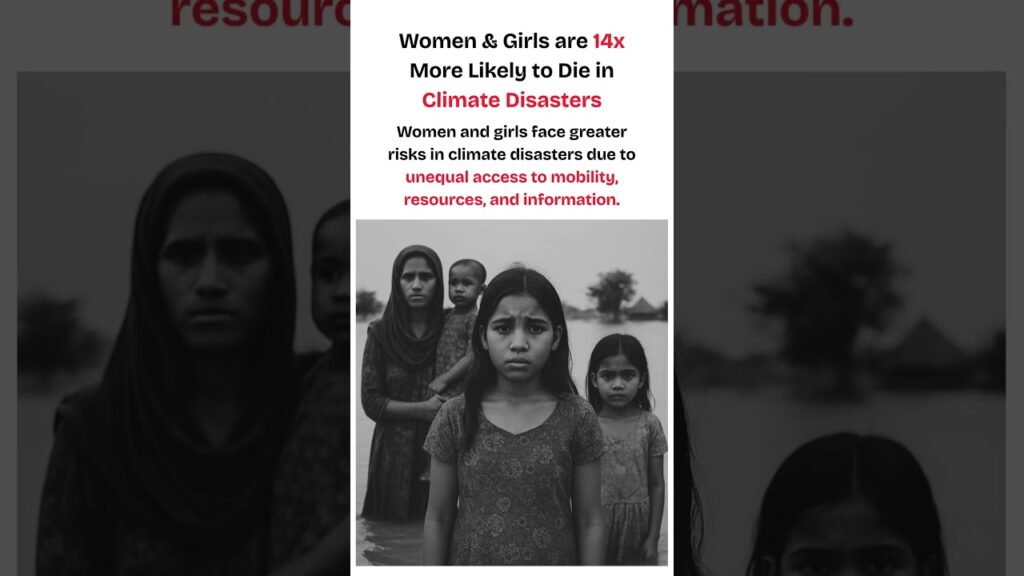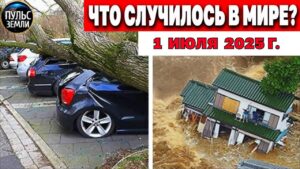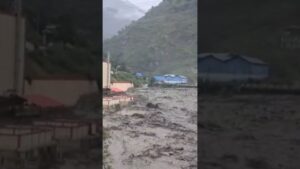
Women and girls are 14 times more likely to die in climate-related disasters than men, according to the UN. This staggering gap isn’t just about biology — it’s about systemic inequality. In many regions, women have less access to early warnings, can’t evacuate alone, or are primary caregivers, putting them at greater risk. Floods, cyclones, droughts, and heatwaves often hit hardest in communities where women already face poverty, displacement, and restricted mobility. During disasters, women also face increased threats of gender-based violence and loss of income. Girls are more likely to be pulled from school or forced into child marriage in the aftermath. Yet, despite being frontline survivors and key environmental stewards, women are underrepresented in climate decision-making spaces. Climate change is not gender-neutral — it deepens the existing cracks in society. Gender-responsive climate policies are not optional; they are urgent.
#climatejustice #genderinequality #womenandclimate #climatecrisis #genderequity #climateaction #unwomen #climaterisks #disasterresponse #womenleaders #climatechange #globalwarming #climateimpact #genderequality #climatefacts #climateemergency #climatepolicy #climateawareness #sustainability #climateadaptation #climateadvocacy #climateeducation #climatehealth #climateequity #climateleadership #climateempowerment #climateresilience #climatejusticeforall #climatechange2025 #climateupdate #shorts #shortsfeed #trending #viralshort #trendingnow
source



